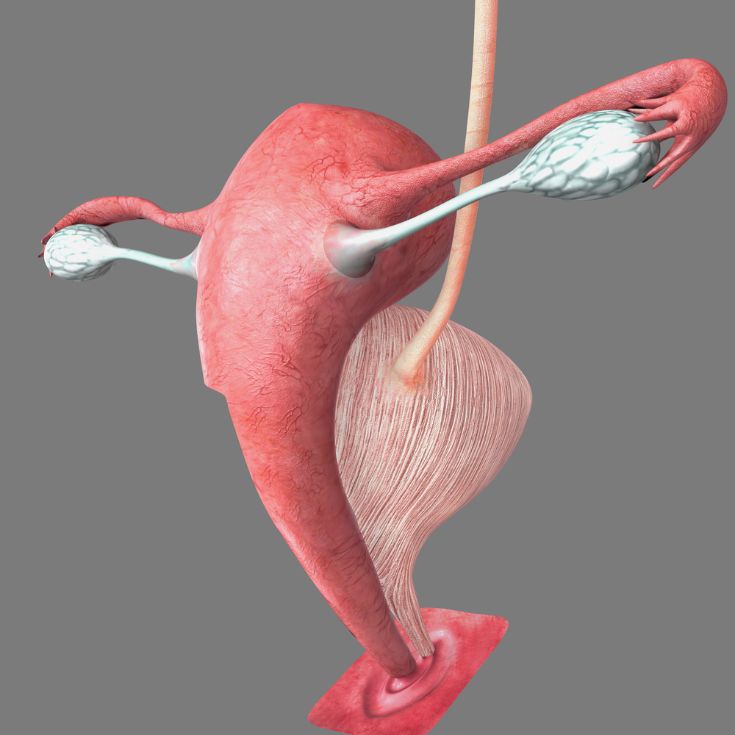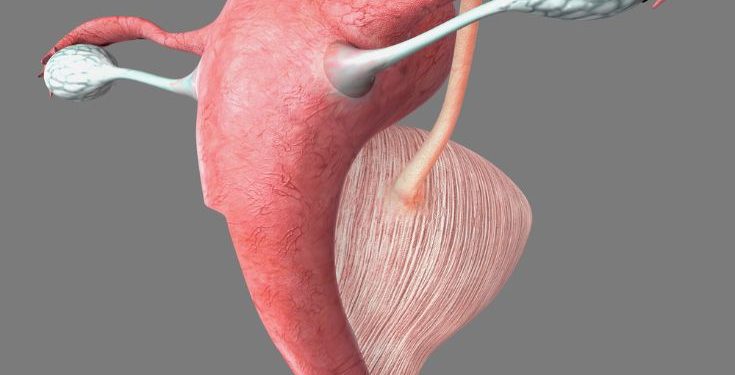Uterine polyps are small, soft growths that develop in the tissue that lines the uterus (womb). The polyps may be benign or cancerous. They can range in size from a sesame seed to a golf ball. Polyps are not cancer and they do not usually cause symptoms. They are often found when a doctor performs an ultrasound of the uterus, although they can also be discovered when a woman experiences abnormal bleeding or vaginal discharge. These growths can happen at any age, but they’re more common in women in their 40s. The exact cause isn’t known, but it is believed that high levels of estrogen may play a role. In some cases, the polyps disappear without treatment.
In other cases, a physician will monitor the growths for signs of cancer. They may recommend a hysteroscopy, during which they insert a device into your uterus and cervix. During the procedure, they add a saline solution that helps them see the inner lining of your uterus better. They can then use a tool to remove the polyps and send them to a lab for testing.
Depending on the results, your health care provider will decide what to do. If the uterine polyps are benign, there’s no need for them to be removed. In contrast, if you’re postmenopausal and the polyps have caused heavy bleeding or other symptoms, your doctor will probably recommend surgical removal.

A small percentage of uterine polyps are cancerous. Those that aren’t can still be dangerous and may need to be removed. Symptoms that might lead to surgery include abnormal vaginal bleeding, pelvic pain, and infertility.
Some uterine polyps do not cause any symptoms and can be left alone. In these cases, doctors may use a transvaginal ultrasound to find the growths and determine whether they are cancerous or not. If the polyps are causing uterine bleeding, your doctor might recommend treatment options like a hysteroscopy or dilation and curettage.
There are medications that can help control your hormone levels and may decrease bleeding or prevent a polyp from recurring. These are called progestins or gonadotropin-releasing hormone agonists and work by blocking the production of estrogen. The drugs can be given to pre- or postmenopausal women. If your uterine polyps are cancerous, you’ll need to discuss ongoing detection and risk-reducing or prevention strategies with your health care provider.









